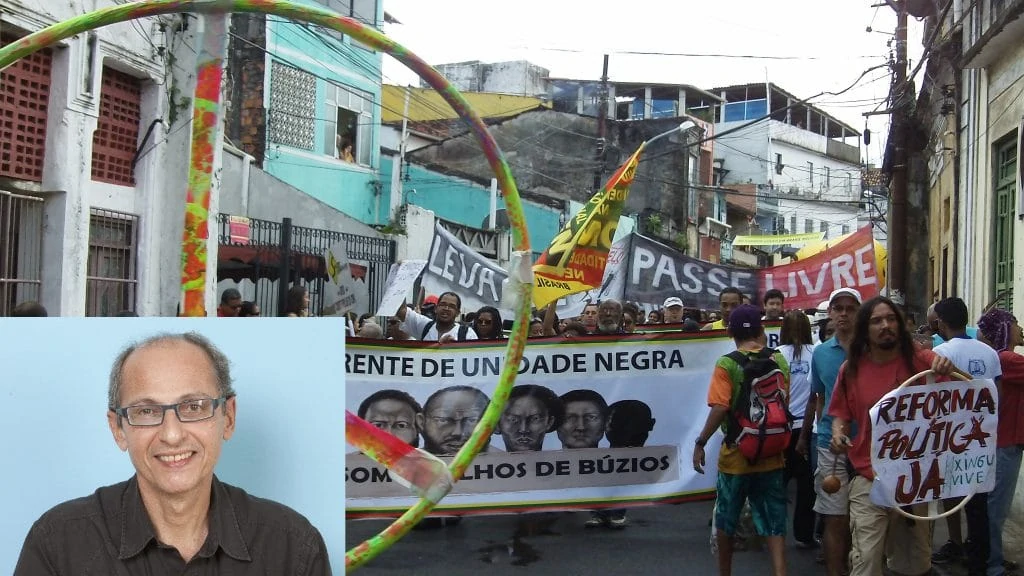Unforgotten are the demonstrations that recently roused Brazil. Hundreds of thousands of Brazilians took to the streets. Price increases in public transport had triggered the protest. But the protesters were concerned about much more, as a commentary by our staff member and National Coordinator in Brazil, Alexandre Menezes, shows.
The wave of demonstrations in Brazil has taken everyone by surprise, from politicians, the government and police to trade unions and non-governmental organisations. Not even the young students who initiated the protests could have imagined the scale of the protests. Practically in all major cities there were demonstrations. In addition to the demands for public transport, the deficiencies in the health and education systems, as well as corruption, brought the protesters to the barricades.
Social benefits instead of overpriced buildings
People are dissatisfied, because there is hardly any agreement between the needs of the population and political decisions. The political class seems incapable of putting public interests before economic ones. The fact that Brazil is hosting the 2014 World Cup further accentuates the existing contradictions in public investment. Priority is being given to the construction of overpriced football stadiums and buildings for the World Cup - but to the detriment of the population and its access to its elementary basic rights. During the protests, for example, many of the banners read: "FIFA: WE WANT LIFE, HEALTH AND EDUCATION".
Youth driving force
Brazil is often portrayed as a rising economic power and a good example for overcoming poverty and social injustice. The manifestations, however, show the real picture of Brazil. They show that increasing the national income of the population will not bring about a sustainable improvement in living conditions if fundamental rights are not simultaneously fulfilled. And they show how important young people are. They are the driving force for change. At the manifestations, a strengthened youth presented itself as an active element of society with great power of mobilisation and asserting the true public interest. With this youth, the whole of society woke up: the giant Brazil got up and took to the streets.
Boost for youth participation
The impetus of this moment can also be felt in the projects supported by terre des hommes schweiz. The empathy of the young people for the protests has led to more young people becoming interested in the activities in the projects. Youth participation - one of terre des hommes schweiz's main themes - and activities to influence youth policy are becoming increasingly important in the projects. By supporting these projects, terre des hommes schweiz in Brazil, for example, makes a concrete contribution to far-reaching social changes, towards more rights and social justice.


